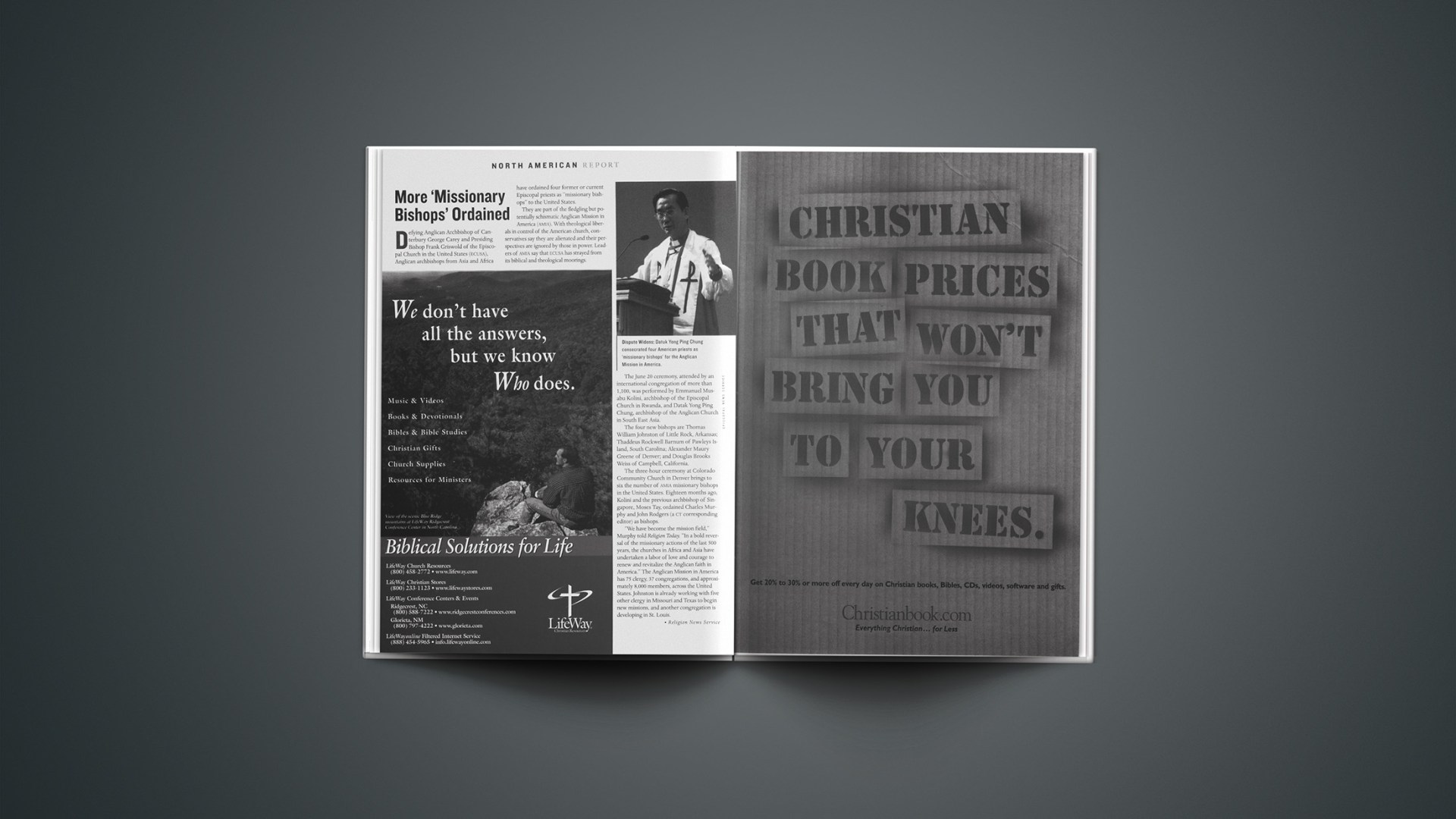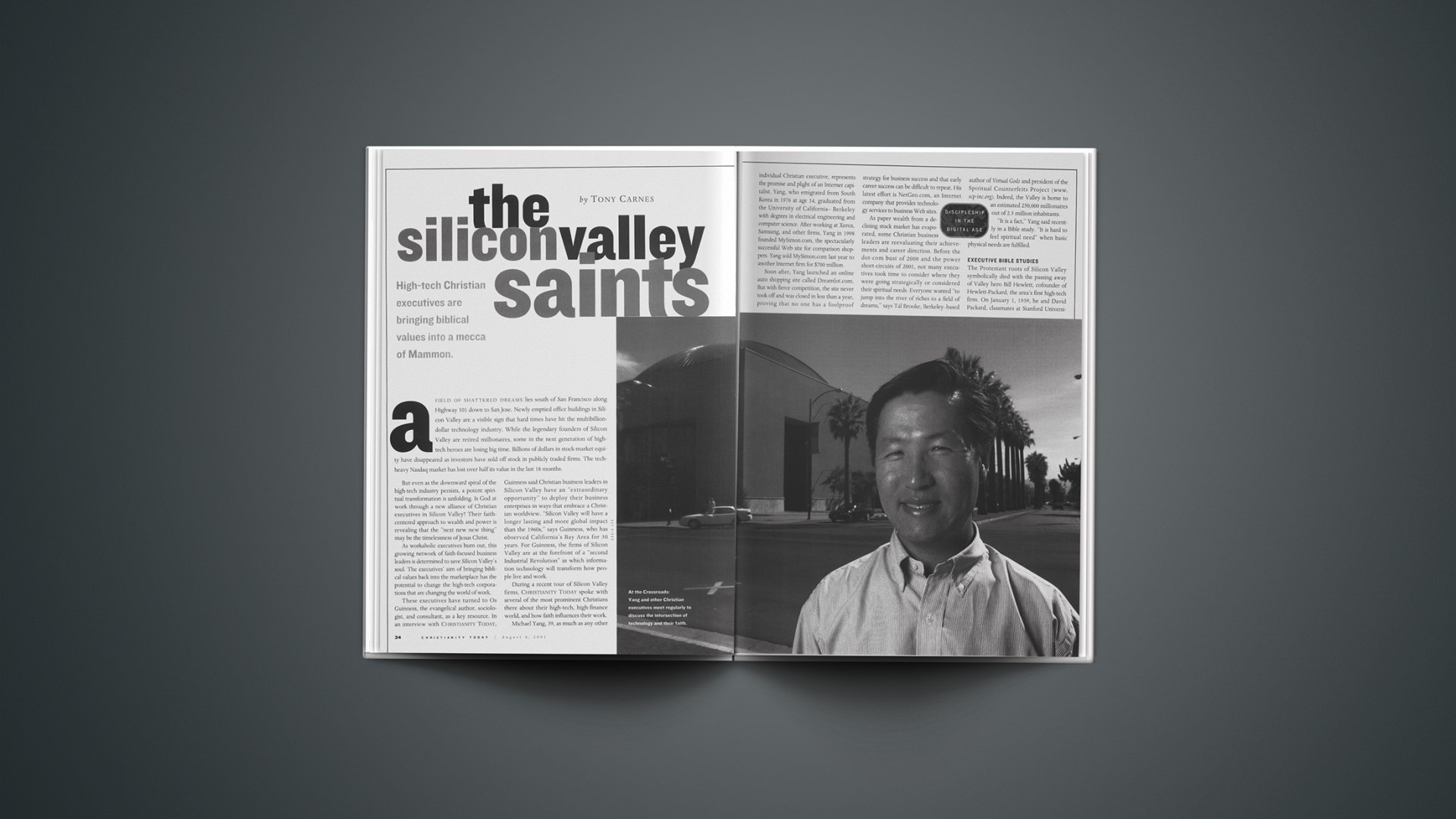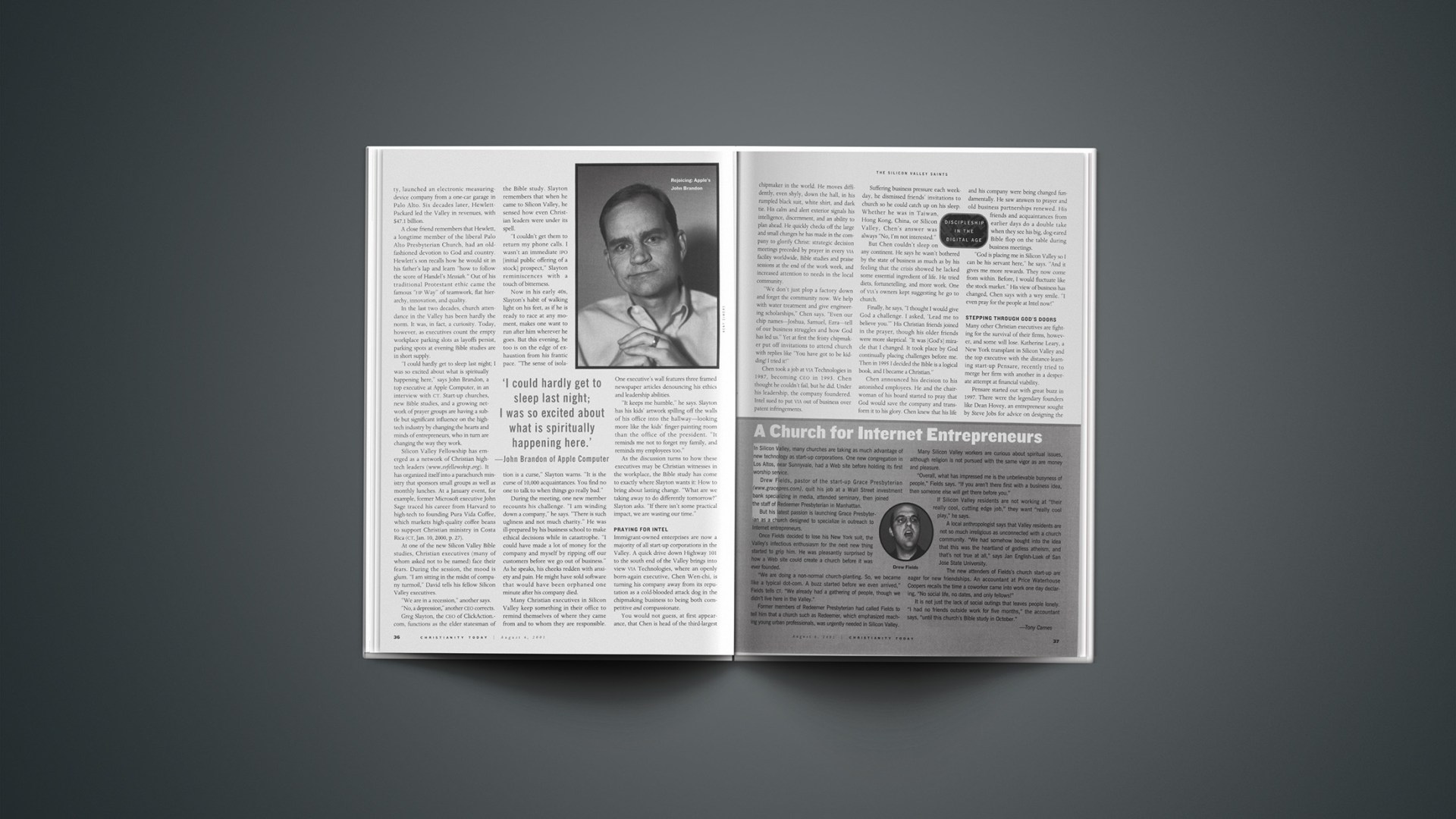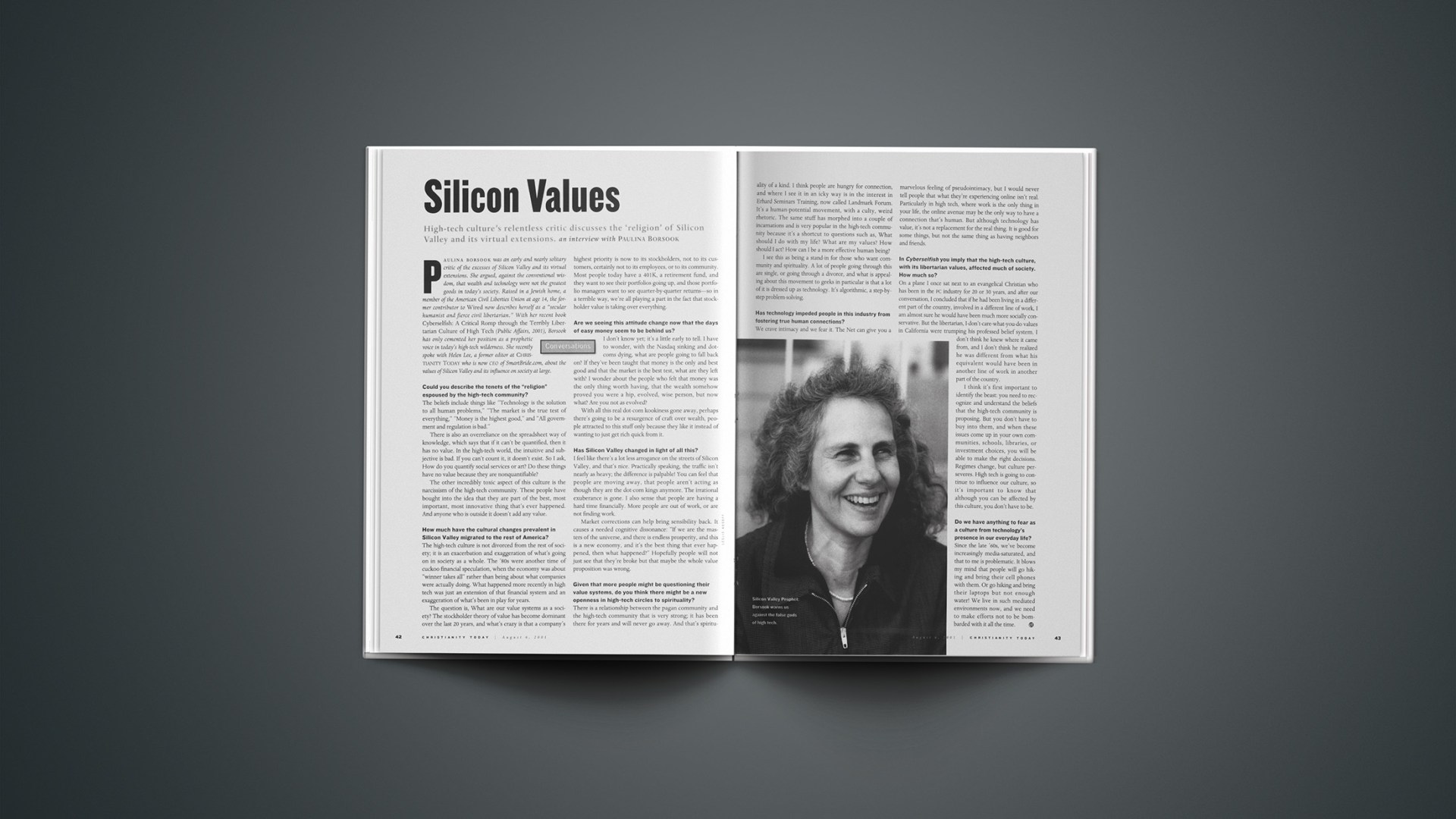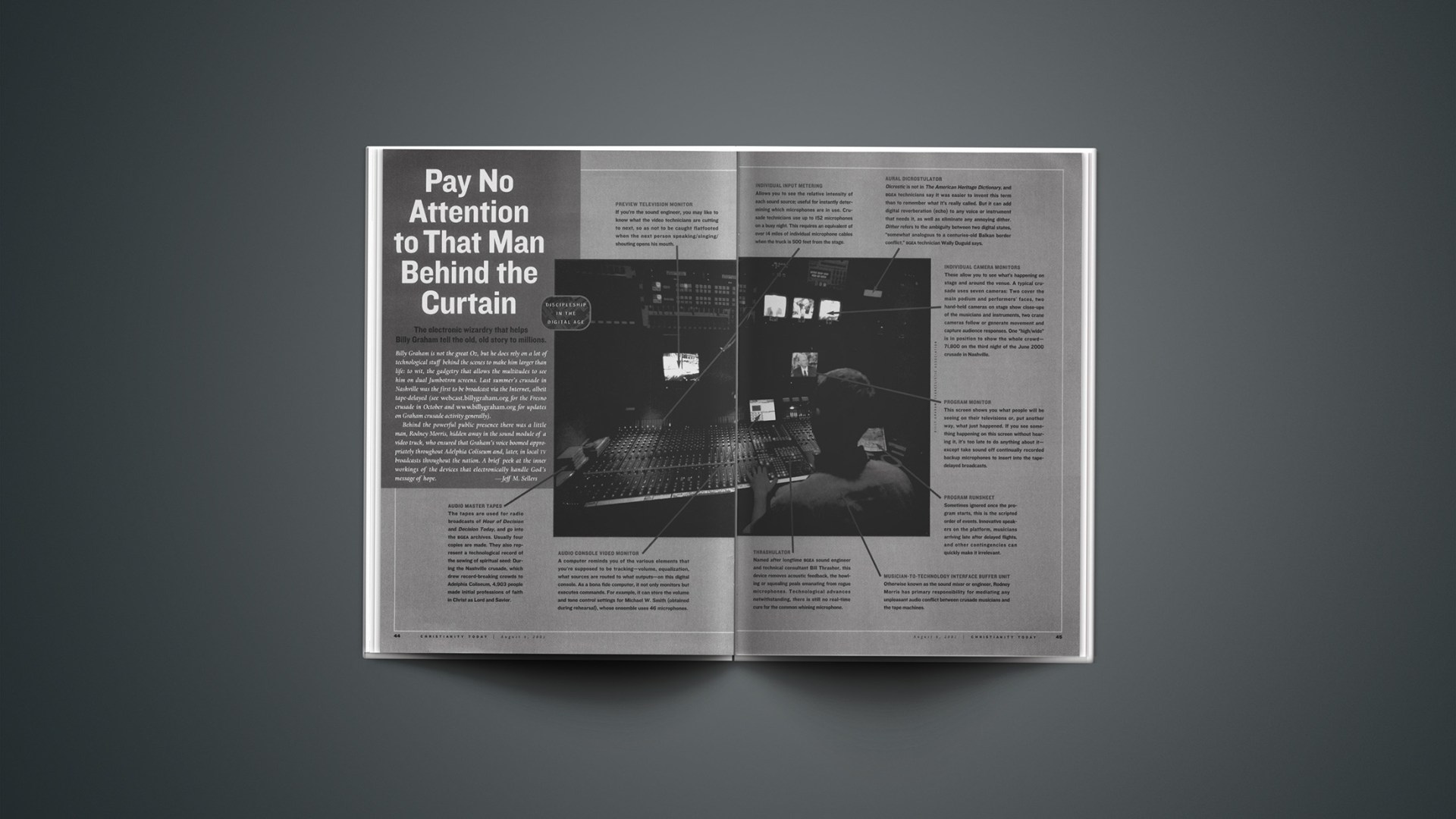Twenty-eight thousand pounds at birth! That’s what Dr. Bernard Nathanson estimates we would weigh if we continued to grow throughout gestation at the rate we grow in the first two weeks of life. That’s how steep the trajectory of cell division is.
Add to this biological tumult the unimaginably intricate and precise processes of organization that take place during this time, and the picture is breathtaking. Everything from the ability to hit a baseball to the swirl of cowlicks to the sound of a person’s laugh are fixed into place. In magnitude, the change is comparable to a tsunami; in complexity, to the transformation of winter into spring. The first two weeks of life may be the most important.
But the real glory and mystery of it all is that it takes place on a scale that is microscopic. The grandest, most awesome stage of human life is, for all practical purposes, invisible.
How like God. He likes small things. Resisting the proud and giving grace to the humble, he can be found in two places: one high and lofty, the other among the lowly and contrite (James 4:6; Isa. 57:15). And since none of us can get up that high, it is wise to stay down low.
So we do the “little thing”—we pray for his kingdom to come; we don’t bring it in. Oh, the conceit of prayerless activity! P.T. Forsyth said our worst sin is prayerlessness because of what it says about who we really think is in charge of the church and the universe. God save us from the people who would renew the church and bring justice in the world without praying. Having the appearance of godliness, but denying its power, they are more dangerous than the wrongs they would set right. They will replace old evils with new evils, themselves.
I know, because I’ve been one of those people, and can still be. It took six weeks on my back to help me see this.
In the spring of 1980 I was suffering great pain from what was diagnosed as two herniated discs in my lower back. The prescription was total bed rest. But since my bed was too soft, the treatment ended up being total floor rest. I was frustrated and humiliated. I couldn’t preach, I couldn’t lead meetings, I couldn’t call on new prospects for the church. I couldn’t do anything but pray.
Not that I immediately grasped that last fact. It took two weeks for me to get so bored that I finally asked my wife for the church directory so I could at least do something, even if it was only pray for the people of my congregation. Note: it wasn’t piety but boredom and frustration that drove me to pray. But pray I did, every day for every person in my church, two or three hours a day. After a while, the time became sweet.
Toward the end of my convalescence, anticipating my return to work, I prayed, “Lord, this has been good, this praying. It’s too bad I don’t have time to do this when I’m working.”
And God spoke to me, very clearly. He said, “Stupid (that’s right, that was his very word. He said it in a kind tone of voice, though). You have the same twenty-four hours each day when you’re weak as when you’re strong. The only difference is that when you’re strong you think you’re in charge. When you’re weak you know you aren’t.”
That’s when I began to understand that God loves the little things, the secret things his servants do, because when we stop being lords, he can be Lord of his church. And when he is Lord, there is power, and there is fruit.
The good fruit visible in the church is planted in prayers prayed in weakness and in secret. What happens in prayer is to the spiritual realm what the first two weeks of life are to the physical.
Ben Patterson is a featured speaker at the National Pastors Convention in February 2002—check out www.NationalPastorsConvention.com for all the details, to request a free brochure, and to register by the Early Bird deadline.
To reply to the editors of this newsletter, write Newsletter@LeadershipJournal.net.
Sign up for the Church Leader’s Newsletter and receive a new article plus useful information in your inbox every week!
Copyright © 2001 by the author or Christianity Today/Leadership Journal.Click here for reprint information on Leadership Journal.

